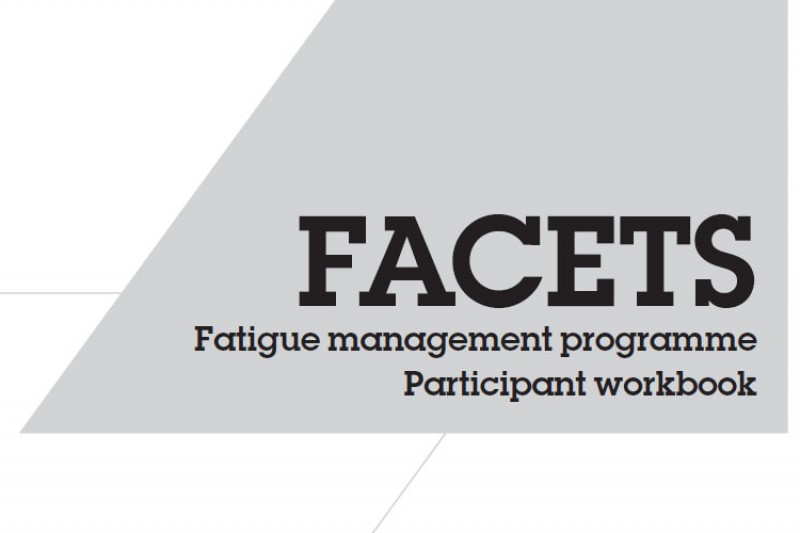Researchers at Bournemouth University have been undertaking a programme of research around self-management approaches for people with multiple sclerosis (MS) to improve everyday quality of life.
MS is a neurological condition, which affects around 100,000 people in the UK. The condition affects the central nervous system and is thought to arise when a person’s immune system isn’t working properly. Symptoms can vary greatly from person-to-person and include fatigue, visual problems or difficulties with walking.
FACETS – Fatigue: Applying Cognitive behavioural and Energy effectiveness Techniques to LifeStyle
Fatigue is the most common symptom of MS and the main reason why people with MS stop working. FACETS is an evidence-based face-to-face fatigue management group programme for MS developed by researchers from Bournemouth University in collaboration with Poole hospital. FACETS combines cognitive behavioural and energy effectiveness approaches. It is delivered by health care professionals and provides people with MS with tools and strategies to manage their fatigue more effectively and explore different, more helpful ways of thinking about fatigue.
To date, over 200 health care professionals have attended training to enable them to deliver FACETS in their local area and more than 1500 people with MS across the UK have received FACETS. There is significant interest in the programme from a number of international MS groups and universities. Work is currently underway on creating a FACETS digital toolkit to promote quality of life of people with multiple sclerosis.
FACETS: key publications
Updates from FACETS
Mii-vitaliSe
A second project (Mii-vitaliSe) has explored a home-based intervention to help people gradually increase their levels of physical activity through using the Wii Fit. The trial project saw a number of improvements, including better balance, improved confidence and a reduction in stress.
The study saw 30 participants trial the use of Wii Fit Plus™, Wii Sports™ and Wii Sports Resort™ games at home, following initial orientation and guidance from physiotherapists in a hospital setting. People recorded how often they used the Wii™, as well as responding to a number of questionnaires exploring its effects.
The full study can be read on the journal website, with a Briefing Paper also available.
Dr Sarah Thomas
Deputy Director, BU Clinical Research Unit, Bournemouth University
Bournemouth University Clinical Research Unit
Physical activity is known to make a difference to the health and wellbeing of people with MS, but they often face greater barriers to participation. I’d noticed from my own family that playing the Wii appealed across the generations.
Contact us
For more information about either of these research areas, please contact Sarah Thomas at [email protected] (and mention the MS research blog in your email).





